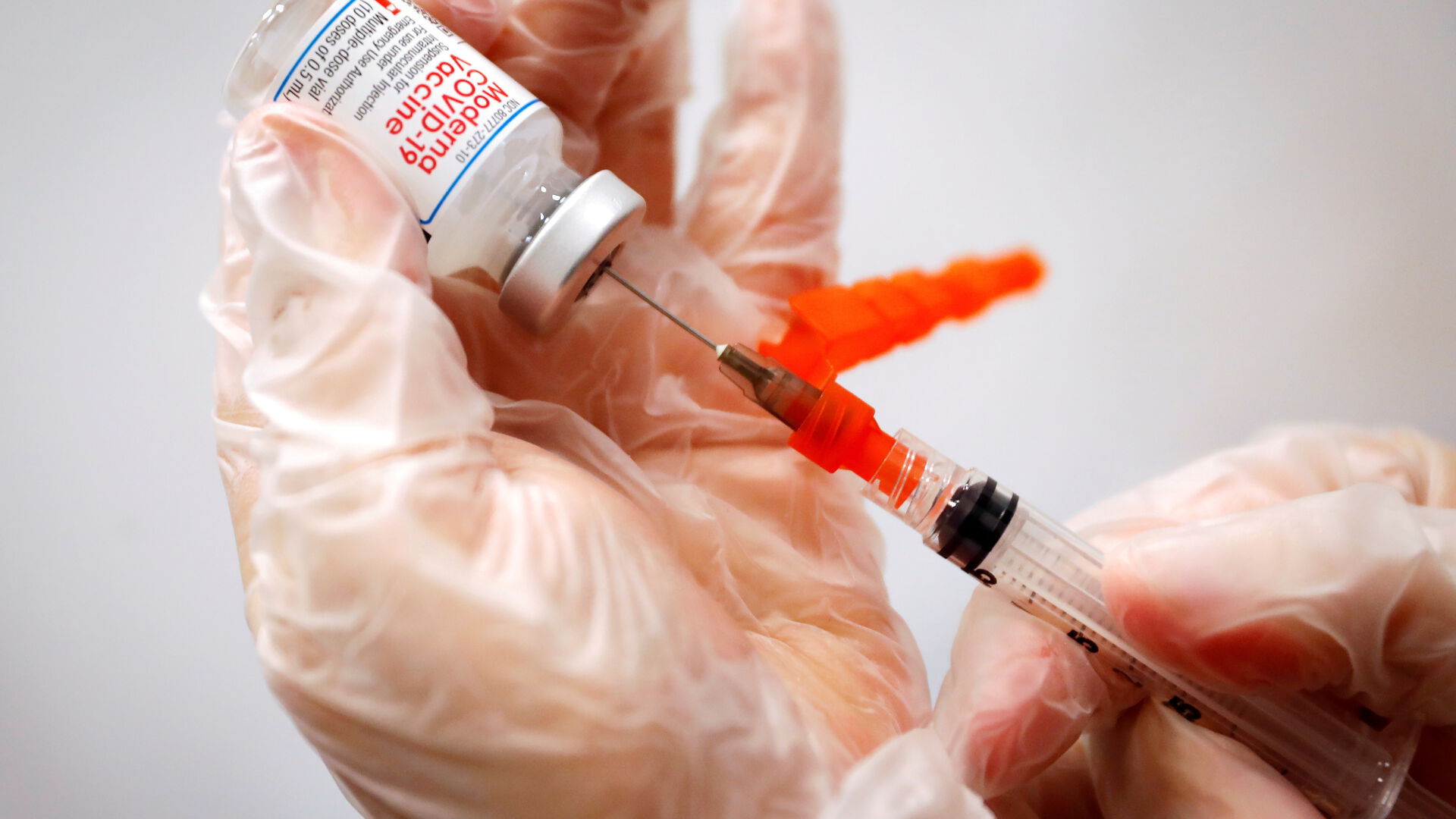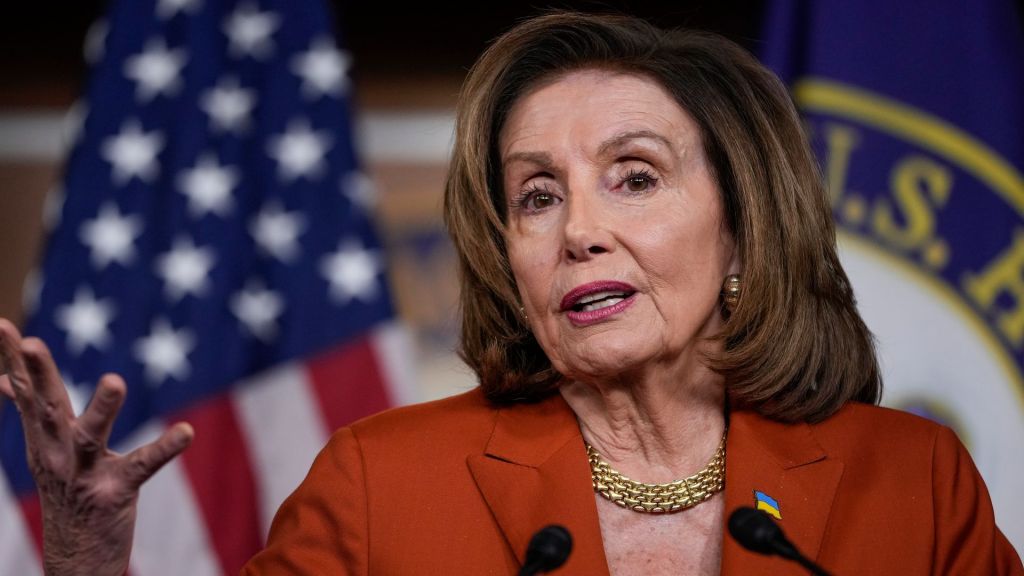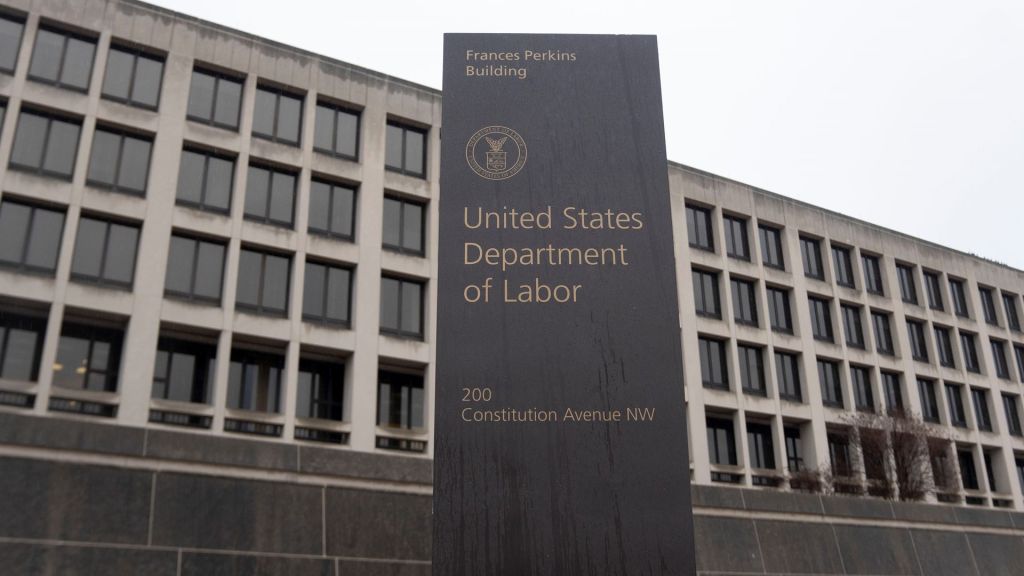
David Michaels, Public Health Professor, George Washington University: “This regulation is structured, so it strongly encourages vaccination. It’s much easier for employers if they just mandate vaccinations, and they put a lot of burden on employees to have to purchase their own testing and masks if the employer doesn’t want to do it. I think that’s an unfortunate choice. I think employers should be providing those things, but the way it’s structured is going to move people into vaccinations very quickly. There certainly will be some industries that decide to wait, and they can wait on the testing program until after the first of the year. But the vaccination program has to start immediately and think we’re going to see some immediate effects and they’ll be very positive.”
“So it’s possible that a judge may decide to stay this law. I think that would be a mistake. I think it’s unlikely to stand up, but I know that there are — There are governors out there. There are members of Congress who are vociferously anti-vaccinations or anti-mask. You know, they’re doing this for political reasons. We need these regulations to save lives and get the country back to normal, and it’s unfortunate that they’re doing this.”
Stephanie Martz, National Retail Federation, General Counsel: “We are suffering under real workforce shortages. We are suffering under supply chain issues, some of which are in turn due to workforce shortages. And so I’m — I’m really concerned about what’s going to happen if employees in even marginal percentages decide that they would rather not work than be subject to mandates like this one. That doesn’t at all reflect our industry’s view of vaccines in general. It’s just reflecting the reality of where we are right now in terms of trying to get employees to come to work every day and help get us through the holiday season.”
Amanda Sonneborn, Employment Lawyer, King & Spalding: “Most employers that we are working with are planning to go ahead and comply. They’re not planning to wait and see whether those challenges succeed. Of course, if the challenges succeed and they don’t have to comply going forward, they would make that change. But most companies that we work with certainly are anticipating going ahead and complying with the rule. I think it’s important to know that, you know, there’s very few states that actually have laws that contradict the position arguably put forwar






